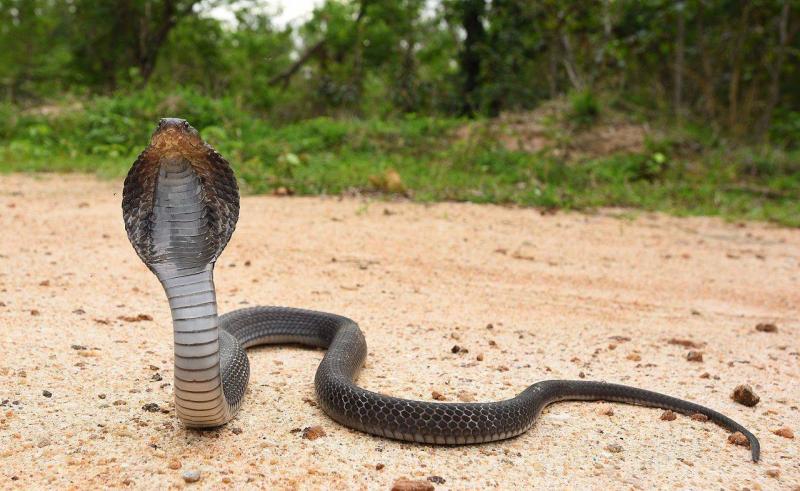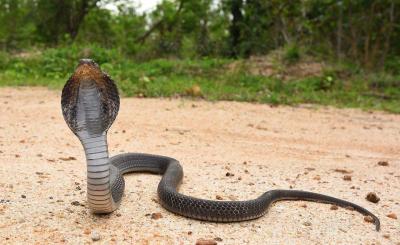Scientists from the University of Sydney and the Liverpool School of Tropical Medicine have made a remarkable discovery by repurposing heparin, a commonly used blood thinner, as an inexpensive antidote for cobra venom. Cobras kill thousands of people worldwide each year, and many suffer severe deformities due to tissue and cell death (necrosis) caused by the venom. Current treatments involve expensive antivenoms that do not effectively address necrosis at the bite site.
By utilizing CRISPR gene-editing technology to identify ways to block cobra venom, the researchers successfully repurposed heparin and related drugs to stop the necrosis caused by cobra bites. Professor Greg Nelly, the lead author of the new study from the Charles Perkins Centre and the School of Science at the University of Sydney, stated, "Our discovery could significantly reduce the horrific injuries caused by cobra bites and may also slow the venom, potentially improving survival rates."
The principal investigator, Tian Du, from the University of Sydney, noted that "heparin is inexpensive, widely available, and is an essential medicine listed by the World Health Organization. After successful human trials, it could be rapidly introduced as a cheap, safe, and effective treatment for cobra bites."
The research team used CRISPR technology to locate the human genes necessary for cobra venom to induce the necrosis that kills tissue around the bite. The scientists discovered that one of the venom's targets is the enzymes needed to produce related molecules "heparan" and "heparin," which are produced by many human and animal cells. Heparan exists on the cell surface, and heparin is released during immune responses. Their similar structures suggest that the venom can bind to both, aiding the team in creating an antidote capable of stopping human and animal cell necrosis.
Unlike current cobra bite antivenoms, "heparinoid" drugs act as a "decoy" antidote by flooding the bite site with deceptive heparin sulfate or "heparinoid" particles, allowing the antidote to neutralize the venom. Co-author Professor Nicholas Casuella, head of research at the Liverpool School of Tropical Medicine, said, "Our findings are exciting because current antivenoms are largely ineffective against severe local envenoming."
It is noteworthy that the World Health Organization has identified snake bites as a priority in its program to tackle neglected tropical diseases and announced an ambitious goal to halve the global burden of snake bites by 2030.




